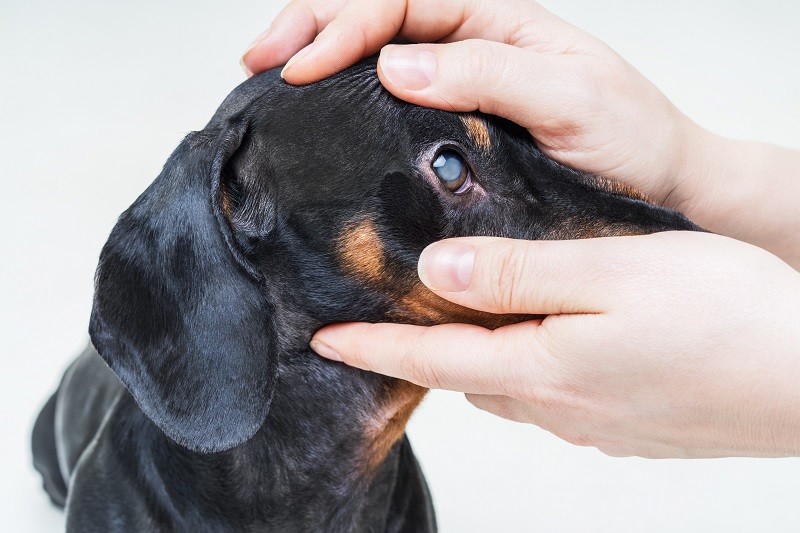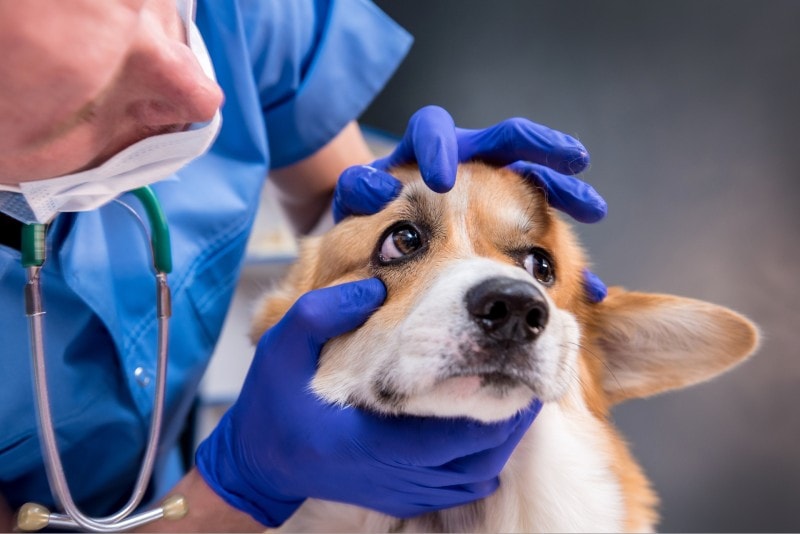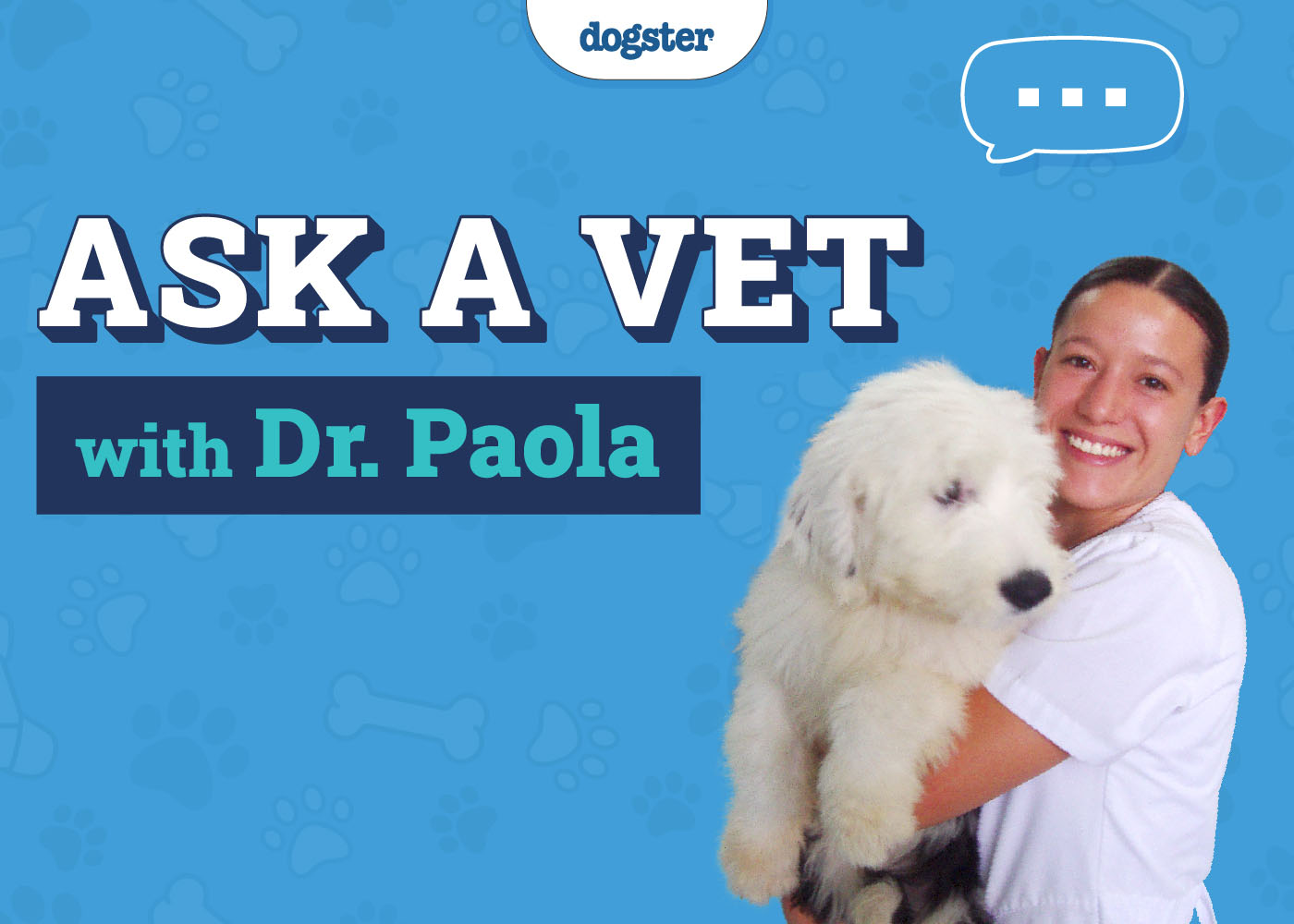If you are the owner of a pet, then you know that they can be expensive to take care of. Veterinary bills can add up quickly, and sometimes it is hard to know whether pet insurance is worth the investment. In this blog post, we will explore the topic of pet insurance and cataract surgery. We will answer the question: does pet insurance cover cataract surgery? And we will also discuss how common it is for pets to need this type of surgery.
About Cataract Surgery
Cataract surgery is a common procedure that is performed on dogs and cats. It is a relatively simple and safe surgery, and it can help your pet to see more clearly. Many pet insurance plans will cover the cost of cataract surgery, but it is important to check with your specific plan to be sure.

Does Insurance Cover Cataract Surgery?
Many pet insurance plans will cover the cost of cataract surgery. However, it is always a good idea to check with your specific plan to be sure. Some plans may have a deductible that you will need to meet before they will start covering the cost of the surgery.
Top Rated Pet Insurance Companies:
The Cost of Cataract Surgery
The cost of the surgery itself is usually around $2000, but the total cost will depend on the veterinarian that you choose and the location of the surgery. Many pet insurance plans will cover a portion of the cost, and some plans will cover the entire cost. The average monthly premium for pet insurance is around $50, so it is important to factor this into your decision.
Is Cataract Surgery Standard?
Cataract surgery is a common procedure, but it is not considered to be standard. This means that pet insurance companies are not required to cover the cost of the surgery. However, many insurance companies will offer coverage for cataract surgery as an optional add-on to their standard pet insurance plans.
Is Cataract Surgery Considered Necessary?
While cataract surgery is a common procedure, it is important to remember that it is not always necessary. If your pet’s vision is not significantly affected by their cataracts, then they may not need surgery. However, if your pet is having difficulty seeing or if their cataracts are causing them pain, then surgery may be the best option. Your veterinarian will be able to help you make the decision about whether surgery is right for your pet.
Is Cataract Surgery Worth It?
The answer to this question depends on many factors. If your pet is suffering from cataracts and they are having difficulty seeing, then surgery may be the best option. However, if your pet is not experiencing any problems with their vision, then surgery may not be necessary. Ultimately, the decision is up to you and your veterinarian.
How Does Pet Insurance Work?
Pet insurance works by reimbursing you for the cost of your pet’s medical care. You pay a monthly premium, and then you submit claims to your pet insurance company whenever your pet needs to see the veterinarian. Your pet insurance company will then reimburse you for a portion of the cost of your vet bills. The amount that they reimburse you will depend on your specific plan.

Do Vets Have to File Paperwork with Your Insurance Company?
No, your veterinarian does not have to file any paperwork with your pet insurance company. You will be responsible for submitting the claim forms to your pet insurance company.
Are My Pet’s Medications Covered?
Pet insurance plans typically do not cover the cost of medications. However, some pet insurance companies offer an add-on that will cover the cost of your pet’s medications.
Is There a Deductible?
Yes, most pet insurance plans have a deductible. This is the amount that you will need to pay out-of-pocket before your pet insurance company will start to reimburse you for the cost of your vet bills. The amount of the deductible will vary depending on your specific plan.
What Are Some Other Things That Pet Insurance Plans Do Not Cover?
Pet insurance plans typically do not cover the cost of routine care, such as vaccinations and check-ups. They also do not cover the cost of elective procedures, such as spaying or neutering.
What Happens If I Don’t Have Insurance?
If you do not have pet insurance, then you will be responsible for paying the entire cost of your pet’s medical care. Veterinary bills can be expensive, so it is important to consider whether or not pet insurance is right for you.

What Types of Pets Should Have Insurance?
All types of pets can benefit from pet insurance, but it is especially important for those who have expensive medical needs. For example, if you have a dog that is prone to health problems, then pet insurance can help to offset the cost of their veterinary care.
Common Reasons for Insurance Denial
There are a few common reasons why pet insurance companies may deny coverage for cataract surgery.
Pet Age
One of the most common reasons that pet insurance companies deny claims for cataract surgery is because the pet is considered to be too old. Most insurance companies have an age limit for coverage, and if your pet is over that age limit, their surgery may not be covered.
Pre-Existing Conditions
Another common reason for denial is if the pet already had cataracts when the insurance policy was purchased. Pre-existing conditions are often not covered by pet insurance, so it is important to be sure that your pet does not have any existing health problems before you purchase a policy.
Considered Cosmetic Only
Finally, some insurance companies will deny claims if they feel that the surgery is not medically necessary. They may feel the surgery is for cosmetic purposes only. This is why it is so important to have a conversation with your veterinarian about whether surgery is the best option for your pet.
Are Cataracts Uncomfortable for Pets?
Cataracts can cause some discomfort for pets, but they are not usually painful. If your pet is having difficulty seeing, they may bump into things or have trouble finding their food or water bowl. They may also seem to be more tired than usual because they are using a lot of energy to try to see.
How to Choose the Best Pet Insurance Plan
If you are considering purchasing pet insurance, there are a few things that you should keep in mind.
Type of Coverage
First, you will need to decide what type of coverage you want. There are plans that cover only major medical expenses, and there are also plans that cover routine care and preventive care.

Age and Health of Pet
You will also need to consider the age and health of your pet. If your pet is older or has pre-existing health problems, you may want to purchase a plan that covers more than just major medical expenses.
Your Pet’s Needs
Finally, you will need to compare different pet insurance plans to find the one that is right for you and your pet. Be sure to read the fine print so that you understand what is and is not covered by each plan.
You can always contact your vet for advice before deciding on a company and policy.
To talk to a vet online now, click on the image or button below:
Conclusion
Cataract surgery is a common procedure that is performed on dogs and cats. It is a relatively simple and safe surgery, and it can help your pet to see more clearly. Many pet insurance plans will cover the cost of cataract surgery, but it is always a good idea to check with your specific plan to be sure.
We hope that this article has helped to clear up some of the confusion surrounding pet insurance and cataract surgery. If you have any further questions, be sure to speak to your veterinarian or your pet insurance company.
Featured Image Credit: Roman Zaiets, Shutterstock
Contents
- About Cataract Surgery
- Does Insurance Cover Cataract Surgery?
- The Cost of Cataract Surgery
- Is Cataract Surgery Standard?
- Is Cataract Surgery Considered Necessary?
- Is Cataract Surgery Worth It?
- How Does Pet Insurance Work?
- Do Vets Have to File Paperwork with Your Insurance Company?
- Are My Pet’s Medications Covered?
- Is There a Deductible?
- What Are Some Other Things That Pet Insurance Plans Do Not Cover?
- What Happens If I Don’t Have Insurance?
- What Types of Pets Should Have Insurance?
- Common Reasons for Insurance Denial
- Are Cataracts Uncomfortable for Pets?
- How to Choose the Best Pet Insurance Plan
- Conclusion












